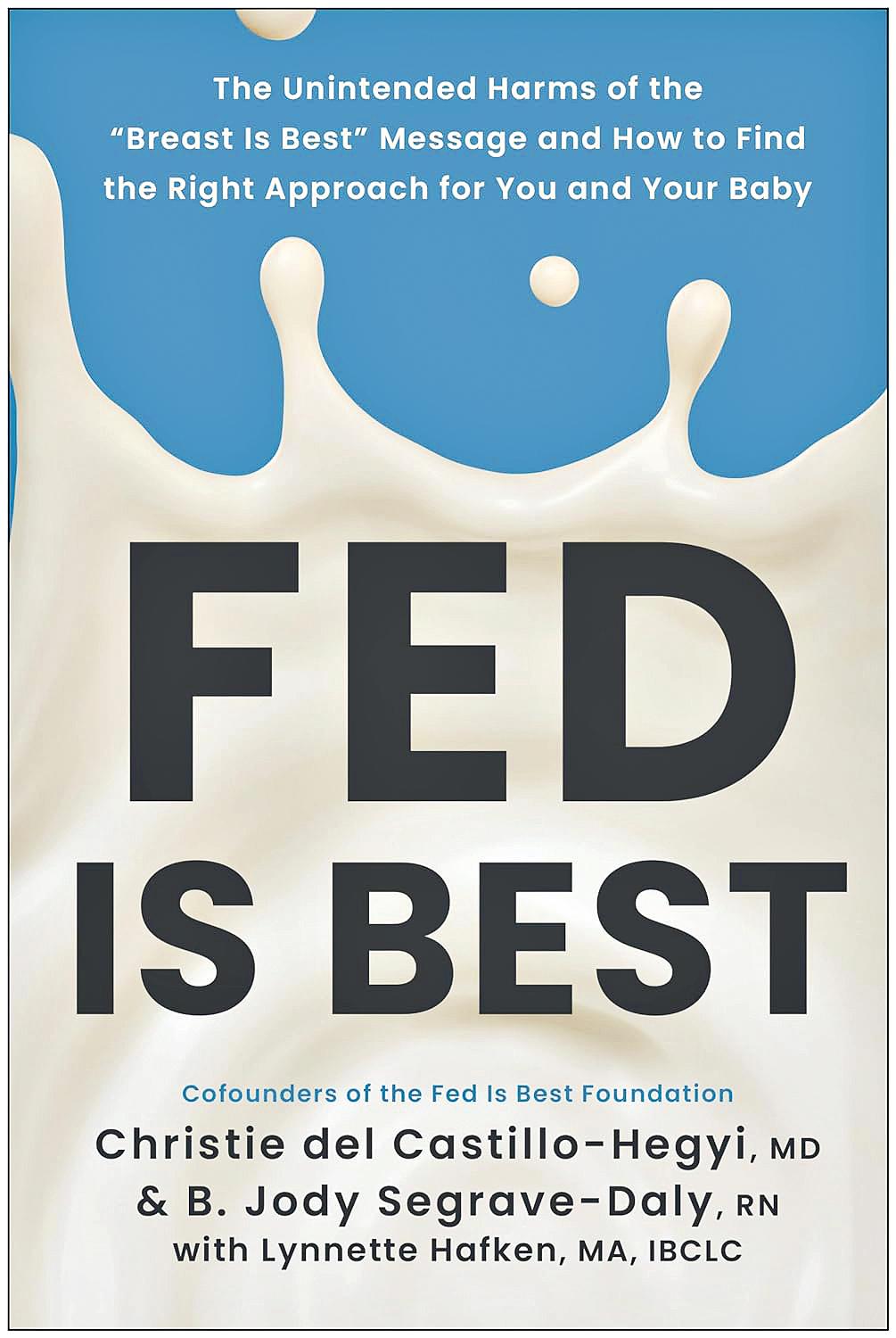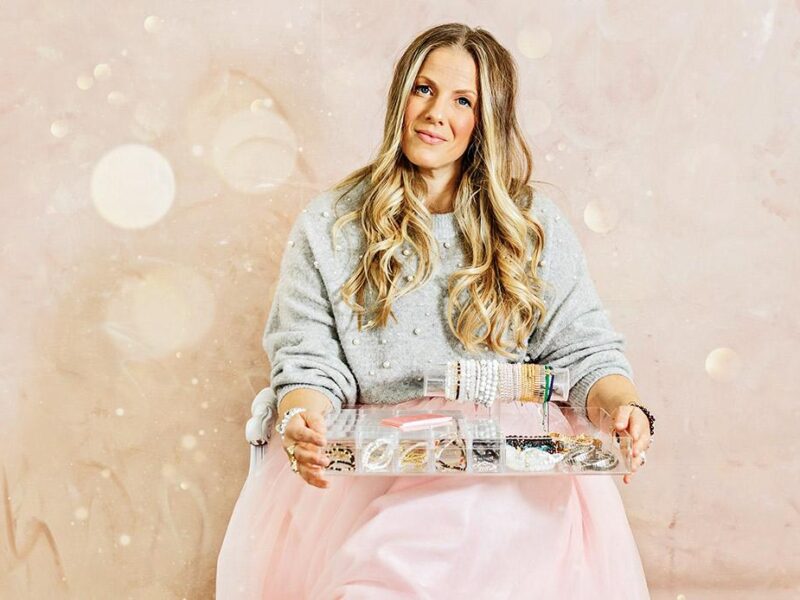
Fed is Best
For decades, women have been told that exclusively feeding their newborns breast milk is the best and only way to ensure their babies grow and develop healthily. Other feeding options like formula or supplemental feeding alternatives are often shunned and promoted as harmful to a baby’s development.
But breast is only best if the mother can produce enough milk to adequately feed her infant. For those who can’t, the stress and pressure can be overwhelming and difficult. Up to 10 per cent of new mothers can’t breastfeed, and 15 to 33 per cent of new mothers are unable to produce enough milk to provide their newborns with the nourishment they need.
On average, 22 per cent of infants are hospitalized globally every year from malnutrition. In Canada, one in three newborns will be admitted to hospital for malnutrition. Infants who don’t get enough to eat can suffer from a slew of health issues like jaundice, caloric deprivation, hypoglycemia, brain injury and even death. Despite showing signs of starvation, most new parents aren’t told their infants aren’t getting enough to eat until after they’ve been admitted to hospital.
Dr. Christie del Castillo-Hegyi and registered nurse B. Jody Segrave-Daly are determined to change the societal narrative by providing parents with accurate information about infant feeding options. The two professionals met several years ago on a social media group where Castillo-Hegyi shared her own emotional story of the harm her first newborn son experienced from the unsafe advice she received about breastfeeding. The two connected immediately and began communicating regularly.
During this time, Dr. Castillo-Hegyi also started a Facebook group called Breast is Best if You Have Enough Breast Milk. The group quickly gained a large following of other mothers who were facing the same struggles and pressures breastfeeding their newborns. Castillo-Hegyi and Segrave-Daly knew they eventually wanted to write a book about myths and misinformation around breastfeeding.
They founded Fed Is Best eight years ago, an organization that provides new parents with science-based information about infant feeding and nutritional needs in a compassionate, supportive and non-judgmental environment.
The two recently collaborated with Lynnette Hafken, a hospital and private practice lactation consultant, to write their much-anticipated book, also called Fed is Best. The book reveals the truth behind different breastfeeding myths and covers everything new parents and healthcare professionals need to know about different types of feeding options. Fed is Best also highlights the dangers of insufficient feeding and teaches the reader how to recognize the signs of starvation in their infants so they can act before their baby needs to be hospitalized.
Fed is Best isn’t anti-breastfeeding, nor does it shun parents who exclusively breastfeed newborns. It provides invaluable, factual information based on years of research so parents are empowered with the knowledge they need to make the best feeding decisions for their infants.
The book, along with their website fedisbest.org, fills in the gaps in the sea of information by providing science-backed content about healthy feeding and covering the unintended harms that can occur in newborns if they don’t receive enough food. Through their shared passion for this topic, Castillo-Hegyi and Segrave-Daly use their experiences and knowledge to advocate for parents to make the best feeding decisions for their newborns.
While breast is best if a mother can provide enough milk to meet their newborns’ developmental needs, not all new mothers can exclusively breastfeed their infants. Regardless of how a parent chooses to feed their newborn, the priority should always be fed is best.
The book will be available June 25.





